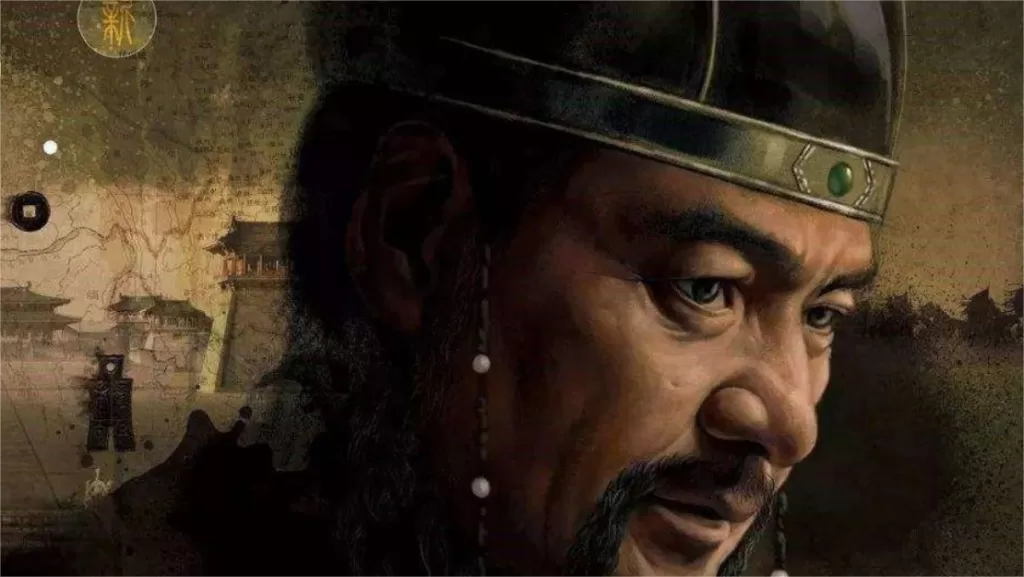Huo Guang (霍光) was a prominent Chinese general and statesman who lived during the Western Han Dynasty (206 BCE – 9 CE). He was born in 68 BCE in Xianyang, the capital of the Han Dynasty, and died in 68 CE. Huo Guang played a significant role in the political and military affairs of the Han Dynasty and was regarded as one of the most influential and successful regents in Chinese history.
Huo Guang’s Early Life
Huo Guang was born into a family of officials in Xianyang. His father, Huo Zhen, was a minister of the Han court, and his grandfather, Huo Wei, was a renowned general during the early years of the Han Dynasty. Huo Guang’s family was known for its loyalty to the Han Dynasty and its commitment to public service.
Huo Guang received a classical education in Confucianism and the arts of war. He became a talented and ambitious young man who was determined to serve the Han Dynasty in whatever way he could. In 33 BCE, at the age of 35, Huo Guang was appointed as a military commander in the campaign against the Xiongnu, a nomadic tribe that threatened the stability of the Han Dynasty.
Military Career
As a military commander, Huo Guang proved to be a competent and courageous leader. He participated in several successful campaigns against the Xiongnu and was eventually appointed as the chief commander of the Han army. He was instrumental in defeating the Xiongnu and securing the northern borders of the Han Dynasty.
Huo Guang’s military career did not end with the defeat of the Xiongnu. He continued to serve in the army and was appointed as the Governor of the Province of Hedong in 23 BCE. He was responsible for maintaining law and order in the region and defending the borders of the Han Dynasty against foreign invasions.
Political Career
Huo Guang’s military success and his loyalty to the Han Dynasty made him a trusted advisor to the Emperor. In 18 BCE, he was appointed as the Minister of War and was responsible for overseeing the military affairs of the Han Dynasty.
In 13 BCE, Emperor Ai died without an heir, and the imperial throne was left vacant. Huo Guang was one of several high-ranking officials who were tasked with finding a suitable candidate to become the next emperor. After much deliberation, they chose a young boy named Liu Ying, who was the son of the Emperor’s cousin. Liu Ying became Emperor Ping, and Huo Guang was appointed as his regent.
As regent, Huo Guang played a pivotal role in shaping the political and economic policies of the Han Dynasty. He was known for his pragmatism and his ability to balance the interests of different factions within the imperial court. He promoted a policy of meritocracy and encouraged talented officials to rise through the ranks based on their abilities rather than their social status.
Huo Guang also implemented a series of reforms aimed at improving the lives of ordinary people. He lowered taxes, reduced the size of the bureaucracy, and increased investment in public infrastructure such as roads and canals. He also promoted trade and commerce, which helped to stimulate economic growth and increase the wealth of the Han Dynasty.
Legacy
Huo Guang’s legacy as a general and statesman is significant. He was one of the most influential and successful regents in Chinese history, and his policies and reforms helped to stabilize the Han Dynasty during a period of political and social upheaval. He is remembered as a patriotic and loyal servant of the Han Dynasty who dedicated his life to the service of his country.

